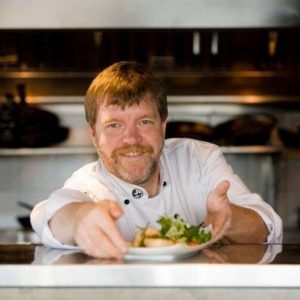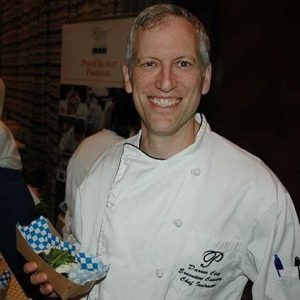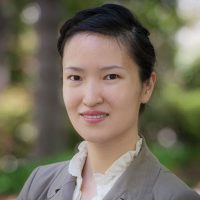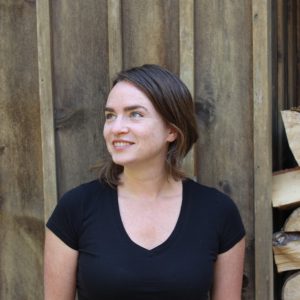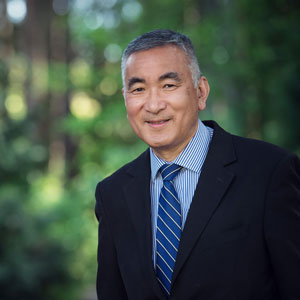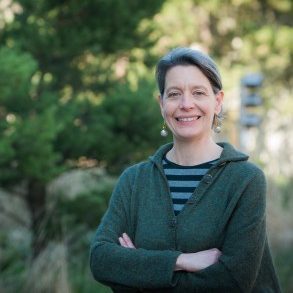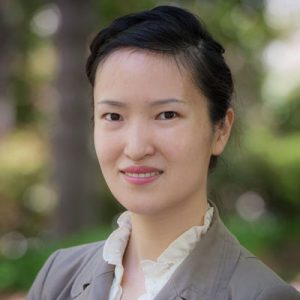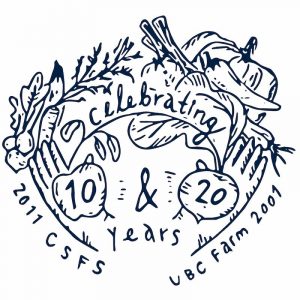Farm to Globe: Transforming Our Food Systems presents:
Taking on Food Insecurity with Our School Food Systems
Canada is one of the only industrialized countries in the world without a national school food program. In Canada, over two thirds of children don’t eat enough fruits and vegetables, and health concerns such as diabetes are at all time highs, especially in BIPOC communities. Join Samantha Gambling, BC Chapter of the Coalition for Healthy School Food, Claudia Paez, Farm to Cafeteria Canada, and Ian Marcuse, Our Place Food Strategy, as they discuss how our school food systems may be an avenue to address food insecurity and how to tackle the widespread inequity communities of colour experience in regards to food insecurity. Let’s discover solutions to make our school food systems stronger and to nourish the next generation.
About the Presenters
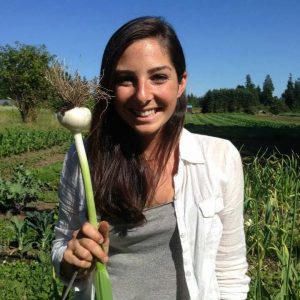
Samantha Gambling – BC Chapter of the Coalition for Healthy School Food
Samantha Gambling is a senior programs advisor for the Public Health Association of BC. She currently coordinates the BC Chapter of the Coalition for Healthy School Food to advocate for public investment in a universal, cost-shared, healthy school food program that meets the diverse needs of BC students. She is a graduate of the sustainable agriculture practicum at UBC Farm, and an MSc. alumna from University of British Columbia’s Faculty of Land and Food Systems where she studied agricultural policy and food sovereignty.
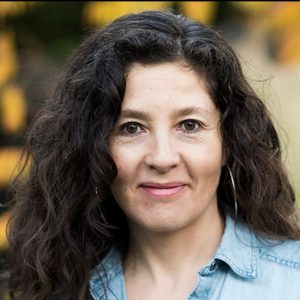
Claudia Paez – Farm to Cafeteria Canada
Claudia Paez has a MSc. in Integrated Studies in Land and Food Systems (UBC), a Bachelor in Social Communication, and a Diploma in Film Production. She is originally from Chile, and her love for healthy gardens and healthy food is in her cultural DNA from her matrilineal side. Her participation as a graduate student and research assistant in several research projects regarding food security, gender participation, food systems and food sovereignty in Indigenous, national and international context have provided her with the invaluable opportunity to gain an overview on the issues that the systems currently confront. Between 2016 and 2017, Claudia co-leaded a community-research project about food affordability and accessibility and organic food on campus. Claudia strongly believes that only healthy and culturally meaningful food can feed both our body and soul. Claudia is now the regional lead for British Columbia at Farm to Cafeteria Canada.

Ian Marcuse – Our Place Vancouver
Ian Marcuse is currently the Community Food Developer at Our Place Food Strategy Vancouver. Ian is also a coordinator with the Vancouver Neighbourhood Food Networks and was previously the Community Food Security Coordinator for the Grandview Woodland Food Connection at Britannia. Ian has been working in Vancouver for over a decade fighting for food security, fighting against inequality and empowering youth to be environmental leaders.

Ashiana Sunderji – Fresh Roots
Ashiana Sunderji is a rising sophomore studying neuroscience, physiology and human geography at the University of Toronto. She has experience in teaching diverse groups of youth in many different capacities such as in hydrotherapy, swimming, competitive dance, anti-bullying and most prominently through Fresh Roots; farming, food systems and sustainability. Ashiana’s TED-Ed talk about finding identity through community service has been published on TED-Ed’s youtube channel, and she has also been published on the internationally renowned TED-Ed blog. She has led the marketing team of a creative collective that strives to uplift underrepresented artists.

Raihan Hassen
Raihan Hassen is a Master’s of Science in Human Nutrition student and a dietitian who is pursuing research around Vancouver school meal programs under the supervision of Dr. Jennifer Black. Raihan is a Registered Dietitian having completed her Bachelor’s degree from UBC in the Food, Nutrition and Health Program with a major in Dietetics. She is curious about exploring the complex intersections between food security, school meal programs, and nutrition.

Raihan Hassen
Raihan Hassen is a Master’s of Science in Human Nutrition student and a dietitian who is pursuing research around Vancouver school meal programs under the supervision of Dr. Jennifer Black. Raihan is a Registered Dietitian having completed her Bachelor’s degree from UBC in the Food, Nutrition and Health Program with a major in Dietetics. She is curious about exploring the complex intersections between food security, school meal programs, and nutrition.
The Farm to Globe: Transforming Our Food Systems series is brought to you by the Centre for Sustainable Food Systems (CSFS), the BC Food Web, the Faculty of Land and Food Systems (LFS), and the Royal Bank of Canada. This webinar series focuses on what needs fixing in our food systems and the innovative solutions which could affect change for the better.




